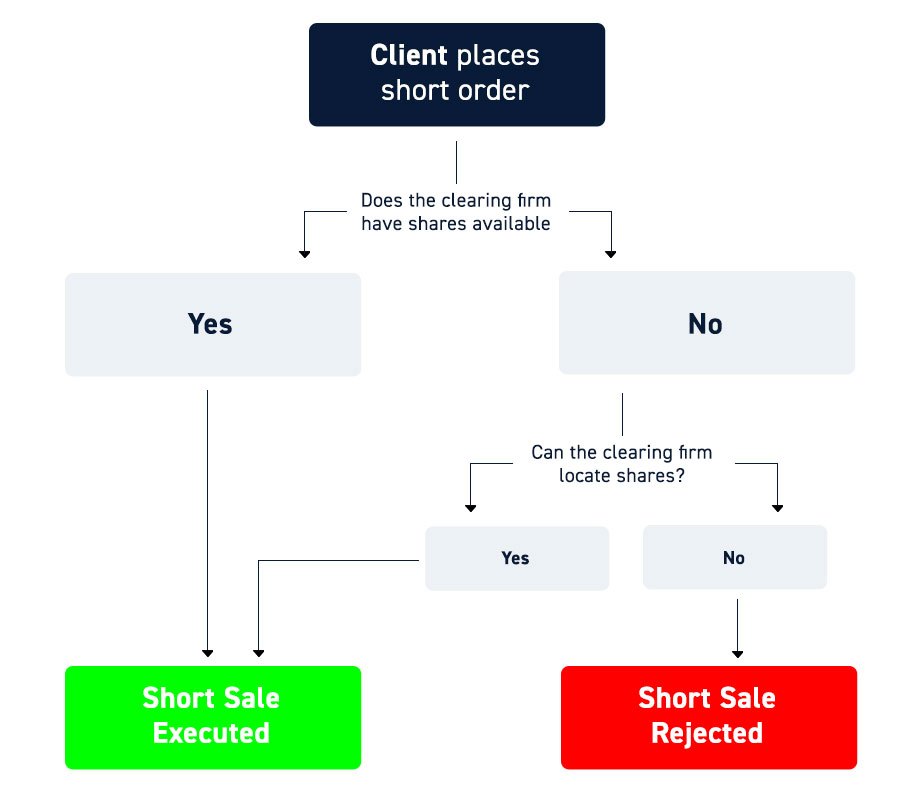Imagine if you had to physically collect and take possession of the paper stock certificates whenever you bought stock in the publicly traded markets.
Even before placing a trade, you would have to find a way to confirm that the seller actually owned the shares, and they would need to confirm you actually have the funds to pay for them. Once the transaction and price were agreed upon, you would have to physically exchange the money for the stock certificates to consummate the trade. If you send a check, you might have to wait five business days for funds to clear before the shares were delivered to you. Of course, if you have cold hard cash and are willing to meet with the seller physically, you could expedite this part. There’s also the risk of not receiving your stock certificates if the seller decides to renege on the trade (i.e. stock spikes much higher, seller decides to keep the stock). Don’t forget about registering that transaction with the exchanges and the DTCC to accurately record the new owner of the shares. When you’re ready to sell the shares, just repeat the whole process on the other side as a seller.
Imagine how aggravating it would be if you were required to go through this process every time you bought or sold any stock. Thankfully, these tasks are handled seamlessly and efficiently every day by clearing firms.
What Is A Clearing Firm?
Clearing firms are essential to keeping publicly traded markets flowing smoothly for all participants. Also referred to as clearing houses or clearing corporations, these firms house the actual stock certificates and contracts to expedite the clearing process.
When you execute a trade (buy or sell), the clearing firm takes on the risk as the central counterparty to both the buyer and the seller. Acting as the middleman, they ensure the delivery of shares to the buyer and delivery of funds to the seller, bearing the risk if either side reneges. They are in charge of matching the buyer and seller, processing, and reconciling the transaction.

While many traders don’t think twice about these institutions, clearing firms are the backbone of the publicly traded markets. These firms enable the frictionless flow of trading to occur.
Types Of Clearing Firms
There are two types of clearing firms, independent and self-clearing broker-dealers.
Independent clearing firms charge fees to their broker-dealer clients for their services. Many of the larger brokers have realized they can save the fees and handle the clearing function in house. These brokers may create a subsidiary to self-clear their own customers’ trades (savings that may or may not be passed to the customer).
A self-clearing broker tends to have more autonomy and agility in making decisions but requires much more capital to function. The size of their end-user customer base determines how effective their ability to scale benefits for clients can be. Large independent clearing firms may have more scale compared to a self-clearing firm limited to just the broker’s existing customer base. Also, the type of customer base will determine where the strengths of the clearing firm may lie. If most of the customers are largely long-term retail investors, then they may bolster the capacity for reporting functions while minimizing share locate functionality and short inventory.
Roles Of A Clearing Firm
In addition to clearing trades by matching, funding, guaranteeing, processing, and reconciling the transactions, clearing firms also perform several other critical roles. As mentioned earlier, clearing firms take custody of the securities on behalf of the broker-dealer customers as well as the capital to match the trades and expedites daily settlements. Additionally, they are always exercising risk management by managing maintenance margins and determining margin rates.
Clearing Firm Considerations
When selecting an online broker, it’s also prudent to consider their clearing firm in the decision-making process. Clearing firms have a lot of influence on how brokers operate, which in turn can have material impacts on your trading. Since the clearing firm takes on the financial risk for transactions, they make the rules when it comes to margin accounts and even accepting you as a client. Clearing firms set the minimum capital requirements for customer accounts (i.e., $50 to $25,000) as well as determine your risk as a customer based on various background checks.
While most investors will not be sensitive to their clearing firm choice, traders may have a preference.
Active Trading Platforms And DMA Brokers
One of the most significant factors when comparing clearing firms is their access to borrowable shares to lend for short selling. Most significant will be the availability of short inventory. You will also want to consider how well the clearing firm can locate hard-to-borrow (HTB) shares and at what rate they lend them.

Chances are if you opt for a direct market access broker (DMA), the broker has done the research for you. DMA brokers team up with clearing firms that will enable the success of their clients. They consider the clearing firm’s resources, trustworthiness, and credibility.
At CenterPoint Securities, we work with multiple, hand-selected clearing firms. If you have any questions about these firms, don’t hesitate to contact our team via the support page.






